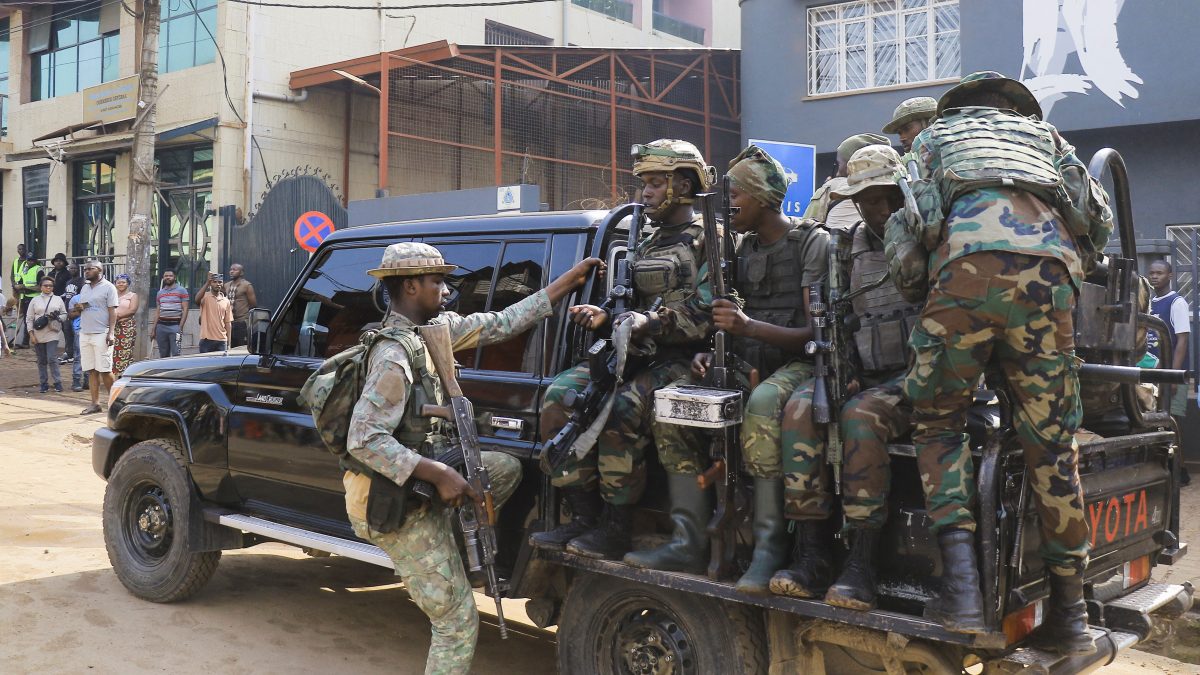Rights groups have accused the Rwanda-backed M23 militia of committing atrocities in eastern Democratic Republic of Congo (DRC), with Human Rights Watch (HRW) alleging the group carried out ethnically targeted “mass killings” of civilians.
In a report published on Wednesday (August 20), HRW said that more than 140 people, mostly ethnic Hutus, were summarily executed in at least 14 villages and farming communities in North Kivu province. It described the assaults as part of a wider military campaign against the Democratic Forces for the Liberation of Rwanda (FDLR), an armed group founded by ethnic Hutu leaders involved in the 1994 genocide of Tutsis.
“The mass killings appear to be part of a military campaign against the FDLR,” HRW said, calling the executions “among the worst atrocities by the M23” and warning they raised “grave concerns of ethnic cleansing”.
Ceasefire falters amid mounting atrocities
The accusations come weeks after the UN reported that the M23 killed more than 319 civilians in North Kivu in July, and alleged that Rwandan soldiers were directly involved. Both the M23 and the Congolese government agreed to a ceasefire in July aimed at halting a war that has displaced millions, but violence has continued.
Rwanda has consistently denied providing military support to the M23, though it argues that the presence of the FDLR across the border constitutes an existential threat.
Impact Shorts
More ShortsAmnesty International, in a separate briefing, said both the M23 and the Wazalendo militias loyal to the Congolese government were guilty of abuses, including gang rape, torture and summary executions, which may amount to war crimes.
Women targeted
Amnesty said it interviewed more than 50 victims and witnesses, including 14 survivors of gang rape. Eight accused M23 fighters, five said they were assaulted by Wazalendo militias, and one identified Congolese soldiers.
“For the women of eastern DRC, nowhere is safe; they are raped in their homes, in the fields, or camps where they seek shelter. The world must say enough,” said Tigere Chagutah, Amnesty’s regional director. “These atrocities are intended to punish, intimidate and humiliate civilians.”
Both groups documented forced disappearances, torture, and abductions, with Amnesty warning that the M23 had tried to “root out, dismantle, punish, and eliminate threats against itself and the Tutsi population” through systematic violence.
Calls for international pressure
HRW urged the UN Security Council to act, while Amnesty pressed the United States – which helped broker the July ceasefire in Doha – to ensure the Congolese government removed fighters and officials implicated in rights abuses from its ranks.
Despite repeated international mediation, eastern Congo remains locked in a conflict fuelled by ethnic rivalries, vast mineral wealth and the competing interests of armed groups and neighbouring states.
With inputs from agencies


)

)
)
)
)
)
)
)
)



